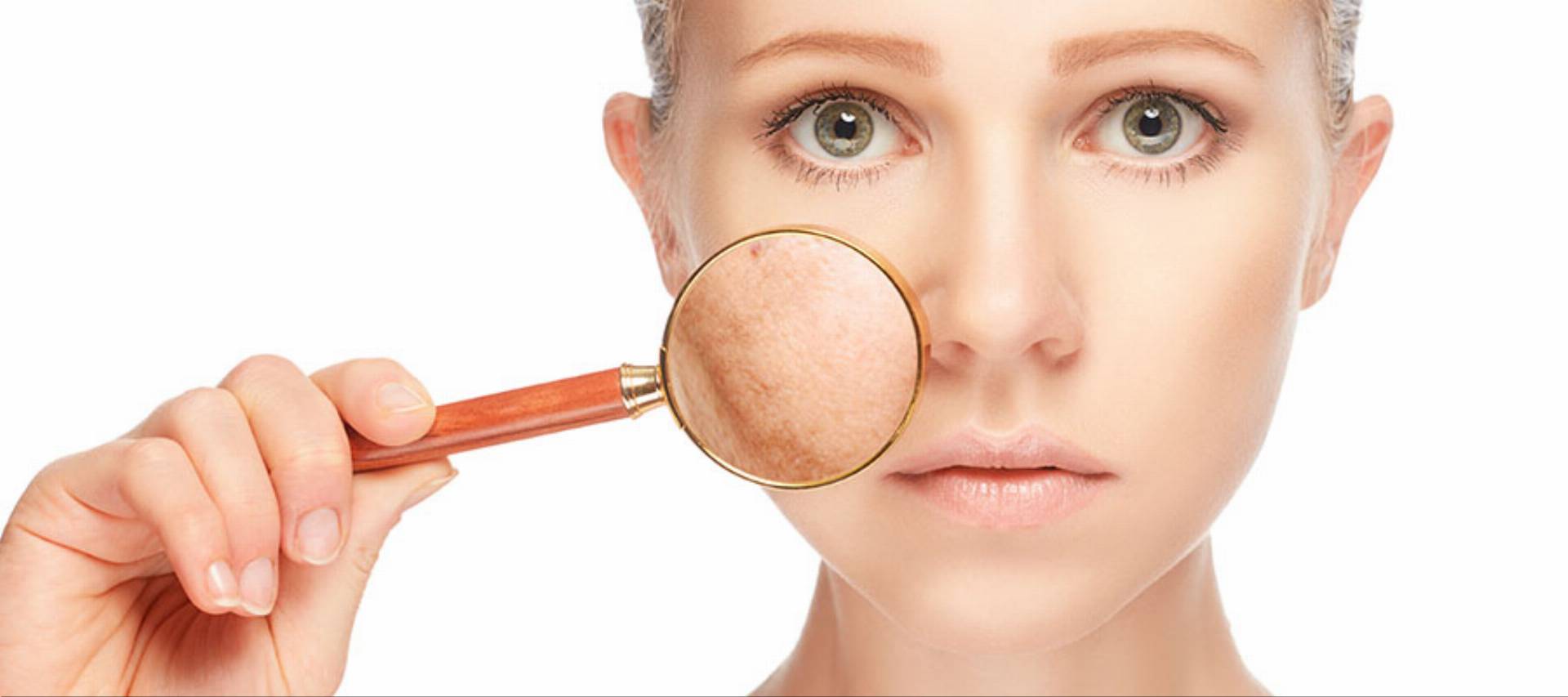
It itches, burns, causes discomfort and easily gets irritated… to make things worse, it doesn’t look good. It ages fast… what do we mean? Dry skin.
Dryness is often a natural feature of our skin. However, it is possible that oily or combination skin changes and gets drier (it is a very common situation after summer when sunbathing and long hours on the beach lead to changes in the hydro-lipid coat of epidermis). How to deal with dry skin? Are there any effective skin care remedies? What can we do to water our skin and restore the balance?
Why skin gets dry – causes of skin dryness
There are lots of causes of skin getting drier. We’ve mentioned one – sun-dry and damaged skin. Other epidermis-drying factors include:
- skin-dehydrating cosmetics (e.g. soaps or shower gels containing parabens and alcohols),
- pharmaceuticals,
- drinking too little mineral water daily,
- wrong skin care (not applying a moisturizer after a bath),
- self-tanners with harmful ingredients,
- too few vitamins in a diet,
- hard water,
- dry air generated by central heating,
- hormonal imbalance,
- disturbed function of sebum glands,
- age of maturity,
- some diseases e.g. diabetes, thyroid diseases, psoriasis, atopic dermatitis.
Which skin areas get dry the fastest & most often?
All those where the skin is most ‘vulnerable’ – in other words, the parts where the skin produces little or no sebum. That’s why we’re often bothered by dry skin on feet (especially heels), between toes, hands, elbows and knees, delicate face and eyelid skin, and scalp.
Lots of women complain about skin getting dry quickly during pregnancy – it happens because a woman’s body goes through lots of changes and the entire hormonal balance is disturbed; the demand for vitamins is intensified – a baby gets the lion’s share. If we fail to deliver more vitamins to our bodies, it affects the appearance of our skin.
The chest and neck skin is another area that gets extremely dry. The skin is fragile, often uncovered and exposed to the elements – that is why it often faces up to dehydration, loss of elasticity and dryness – first wrinkles often appear on the neck and chest.
Dry skin may be the symptom of many diseases
In many cases, dry skin signalizes serious changes in our bodies. Cracked and extremely dry heels are common diabetes complications (diabetic foot). Also, dry skin may be the symptom of thyroid diseases – the skin of a patient can get sallow, dark and very dry especially on elbows and feet.
This skin type needs permanent softening, exfoliating and moisturising. Psoriasis is the most common diseases connected with extremely dry skin – firstly, red spots appear on the skin (usually, in the areas prone to irritations and lacking sebum) – then, too many cells occur on the skin so there’s not enough time for exfoliation.
Psoriasis requires the use of pharmaceuticals. On a daily basis, we can alleviate the condition by applying rich moisturizers which help lock water in the skin.
Dry skin & body dehydration
Drinking large amounts of liquids throughout the day is extremely important for keeping the hydro-lipid balance. If we fail to ensure that, we end up with body dehydration which is very damaging and dangerous state. Skin dehydration may be caused by fever or heat, too. The symptoms signalizing that our body is lacking water include intensified thirst, dry face and body skin, chapped lips, under-eye dark circles, general tiredness and skin greyness.
What to use for dry skin – vade mecum for the dry skin care routine
Because dry skin looks bad, causes an unpleasant feeling of tightness, often burns and itches, ages more quickly, we should definitely keep it hydrated – on the outside and from within. Here are must-follow rules helping us keep dry skin healthily-looking:
- for face and body skin care, use hypoallergenic products which help store water in cells and soothe irritations. Many of them gently replenish hydro-lipid coat and protect the epidermis – after applying them, a microscopic, occlusive layer stays on skin, protecting from damage and irritation;
- avoid dehydrating cosmetics which include alcohols or have pH which is not adequate for skin pH (e.g. traditional soaps);
- to keep your skin from getting dry and sun-damaged – pick SPF-enriched cosmetics – the higher the factor, the better the skin protection;
- choose natural oils in skin care routine – they make up the source of good saturated fatty acids, support the proper function of cells, sidetrack the dissolution of collagen and elastin, soothe irritations, lock water in skin layers and enhance skin repair;
- drink minimum 1.5 liters of water per day;
- pay attention to your diet: it should be full of fruit and vegetables; skin is most fond of vitamins A, C, E and omega fatty acids which should be the key element of a balanced, conscious diet;
- make sure that you buy beauty products free of irritative and dehydrating substances such as SLS, SLES;
- collagen is a building block of skin – its appropriate level is a must for having a healthy and smooth skin; it also helps dry skin so you should reach for collagen-infused cosmetics and supplements.









Leave a Reply